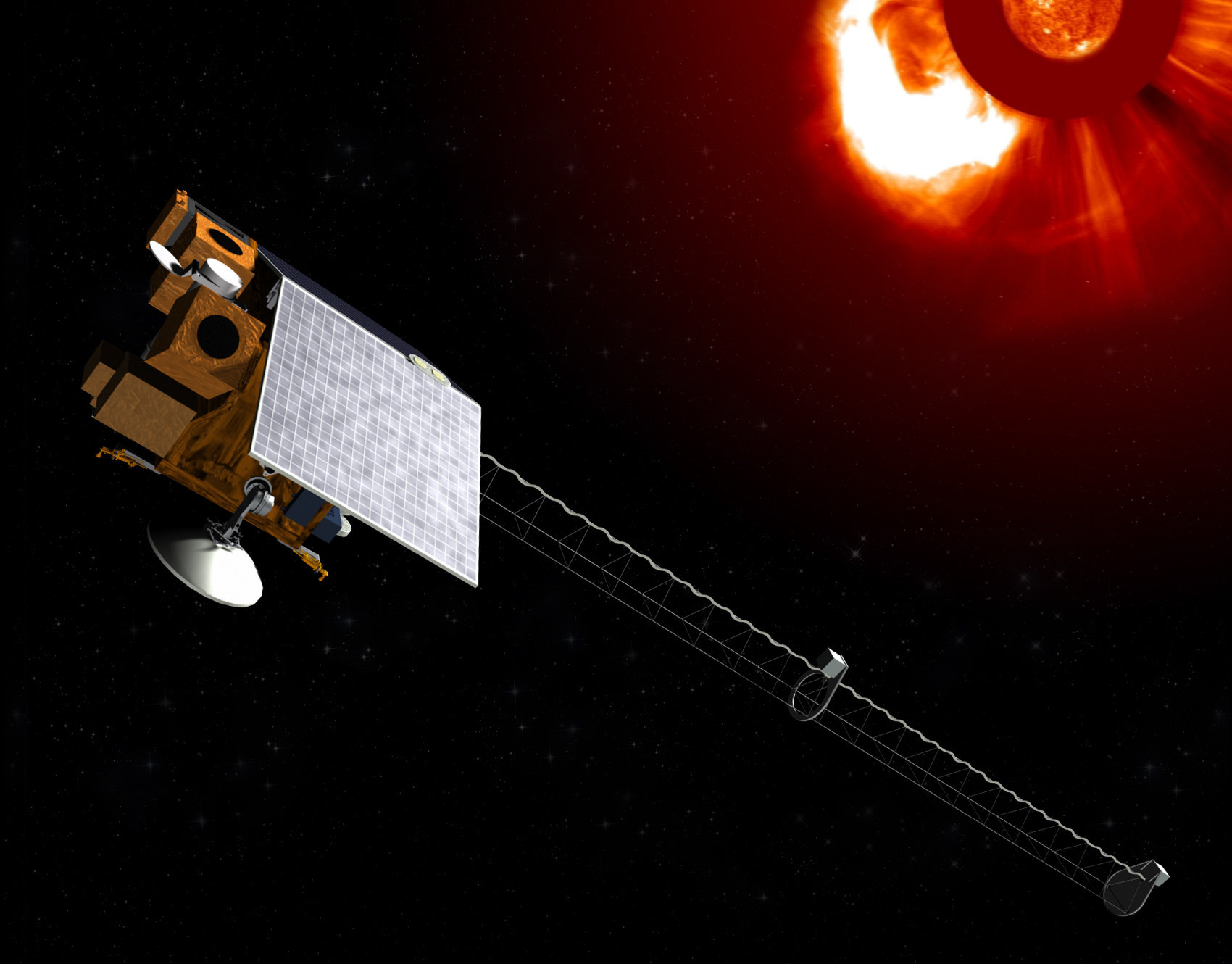 More details: Visit website
More details: Visit websiteIn The News:
BOULDER — The looming crewed Artemis moon missions, which will send astronauts beyond the protective cocoon of Earth's magnetic field, are spurring a look at flight rules and sharpening space weather forecasting skills.
Our planet's atmosphere and magnetic field protect us from the steady stream of radiation and charged particles released by the Sun. But outbursts of the Sun , as recently highlighted by the super-strong geomagnetic storm on May 10 that buffeted Earth via solar flares and coronal mass ejections, can also be a threat to outbound crews heading for the moon.
Given the recent powerful solar eruptions, what impact on Artemis operations would have happened if a crewed mission was now underway?
"Fortunately, most of the spacecraft designed for human exploration — including those for Artemis — are designed to protect our astronauts from most of this radiation hazard," Ian Cohen, deputy chief scientist for space exploration at the Johns Hopkins Applied Physics Laboratory, told SpaceNews.
"There are also protocols at NASA to monitor and respond to such events and specifically designed areas of the spacecraft where astronauts can shelter to ride out the hazard," Cohen added.
The largest potential threat is if the astronauts were outside the spacecraft performing an extravehicular activity either in space or on the surface of the moon, Cohen said.
"In that scenario NASA would monitor the event and potentially alter the mission plans — possibly cancelling the [extravehicular activity] — to protect the astronauts. So, while the radiation is a potential hazard for extreme events, NASA does actively monitor the situation and has procedures in place to keep our astronauts safe," said Cohen.
The National Oceanic and Atmospheric Administration's Space Weather Prediction Center (SWPC) is working with NASA space radiation specialists to bolster space weather support for human expeditions to the moon.
No comments:
Post a Comment